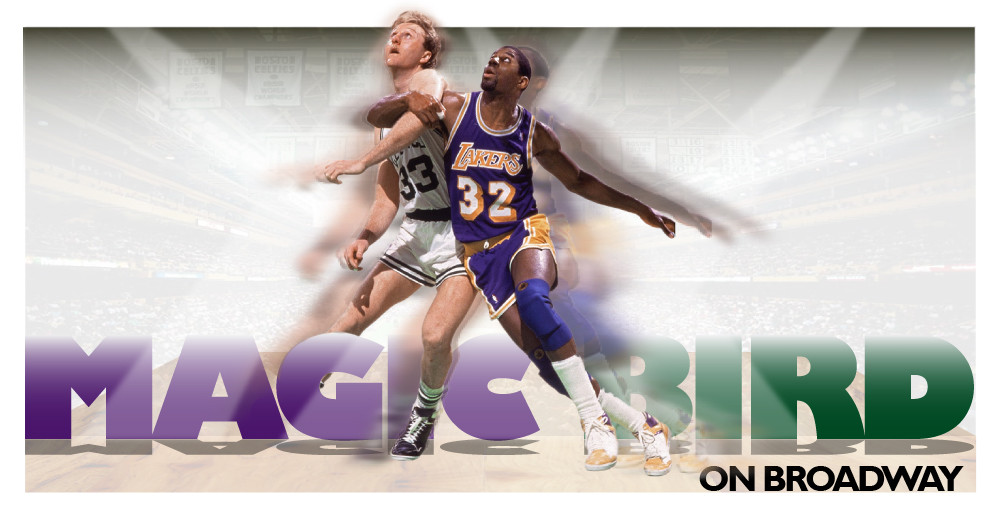Fantasy Soccer On the Rise?
While most European clubs are making their offseason friendly visits to far away ports of call in Asia and North America, MLS continues to play through the summer, heading to its all-star game in Colorado next week, where the league’s elite players will match up this year against Tottenham Hotspur. Regardless of where soccer is being played this week, it looks like the fantasy aspect of “The Beautiful Game” is suddenly rising quickly.
This past week Univision Deportes entered the fantasy soccer business, with a game based on Mexico’s Liga MX, which kicks off its season Friday and is the most-watched league in the U.S according to Univision numbers. The program will offer prizes including personalized soccer scarves and weekly cash payouts of $100. A grand prize at the end of the season includes an all-expenses-paid trip to the network’s sports-awards show Premios Deportes and a spot in the 2016 fantasy talent league.
Whether the followers of Liga MX will take to fantasy soccer is up for debate. Soccer in North America and its fantasy offerings have been slow to take hold in comparison to baseball, football and basketball, and the majority of the success in fantasy soccer has come from one company, Boston and UK based Mondogoal, which has taken the route of partnering with many of the elite clubs in Europe to build pay fantasy offerings, creating a game for global fans, many of whom can already bet legally and understand the gaming/gambling process, as well as to the growing number of American fans who are interested in pay fantasy and can now connect even closer to their favorite clubs like AS Roma, Chelsea and Liverpool among others. Mondogoal also had a very successful launch with pay fantasy games for both Women’s World Cup as well, further strengthening their soccer-specific offerings for a worldwide audience. Their stance on applying the American pay fantasy model to the massive club followings appeared to be, and still appears to be unique and well thought out in the space, with more deals expected in the coming months.
However as the week came to a close Friday, yet more fantasy soccer business news arose, as Major League Soccer announced a partnership with DraftKings in both the United States and Canada. While neither unique nor exclusive, the partnership will give DraftKings yet more marketing coverage on the continent, again with the hope that a wide blanket will create an affinity with more casual players new to the fantasy marketplace.
Whether fantasy soccer can reap an ROI in North America for DraftKings or even Univision remains to be seen. The sport does not have the deep analytics that other team sports has, and the audience in the U.S., although growing, is still behind the other four professional sports in terms of media interest and fan engagement. Still the risk for both companies is relatively low, and if the market comes and fantasy soccer in the States takes off, they have the model to reap the benefits. If not, it is a small venture with little lost.
“The increasingly popular daily fantasy sports space is a proven fan development tool that we’re excited about,” said Gary Stevenson, President and Managing Director of MLS Business Ventures in a statement. “You’ll see deep integration within our many digital platforms and you’ll see a number of club deals. We are delighted to partner with DraftKings to give our passionate fans another innovative way to experience the sport that they love.”
The move for DK is consistent with their philosophy of trying to be everywhere in every sport to lure casual fantasy players to a pay model. While Fan Duel CEO Nigel Eccles has been steadfast in his insistence that his company, with the largest number of daily players, will stick to refining its model for the NBA and the NFL, Jason Rollins has led Draft Kings to deals ranging from the UFC to now MLS, as well as fantasy golf and their ever-growing investment in MLB pay fantasy as well as massive marketing spends around events like the Belmont Stakes. The company has also applied for a license to run a business in the United Kingdom, which could also signal an interest in growing its soccer offerings outside of North America for the first time. Right now, it is believed that Mondogoal is the only company licensed both in the U.S. and the UK, but the model appears to be changing for other players willing to get their kicks in the marketplace.
Does the sudden flurry of activity mean fantasy soccer is now a comer for business? Not yet, but it will be intriguing to see if media or large players in the space invest more in soccer as the fall comes and global interest turns closer to the world’s elite clubs. If that niche can continue to be exploited then maybe, just maybe, fantasy soccer will become a more lucrative bet. For now, at least for North American soccer, it is all a hedge.


